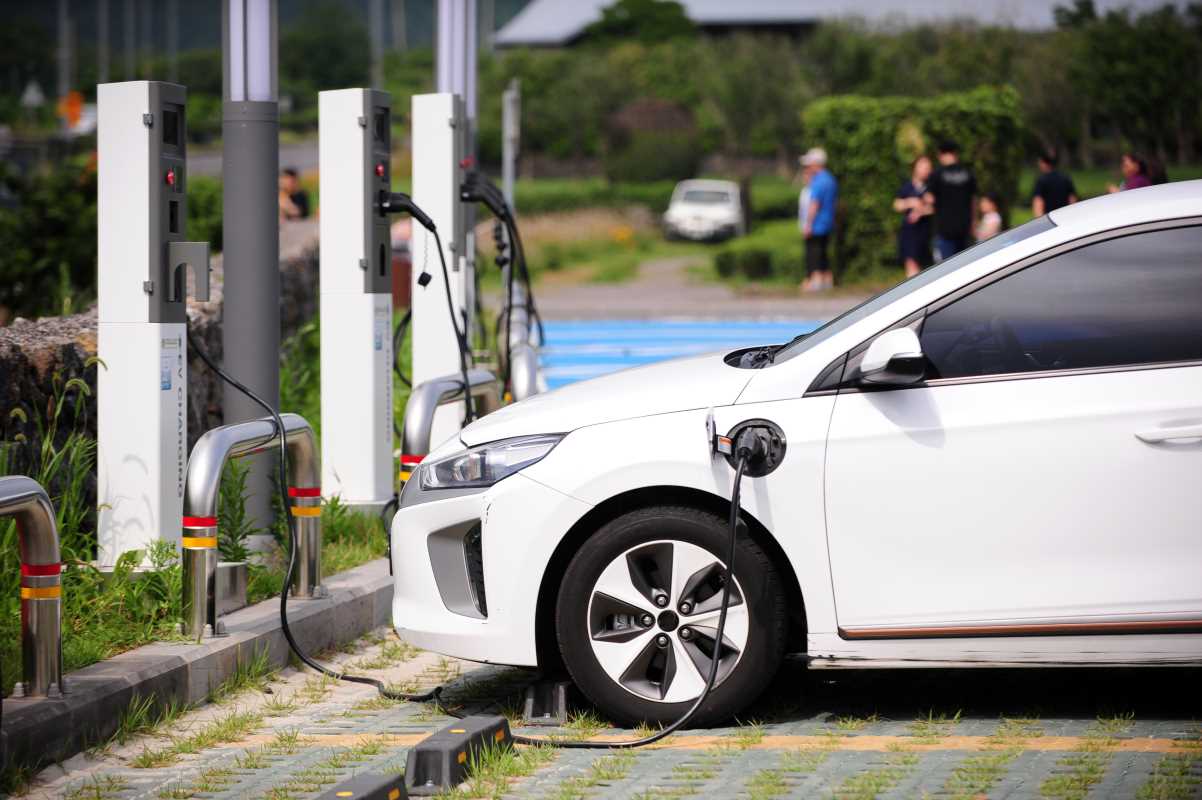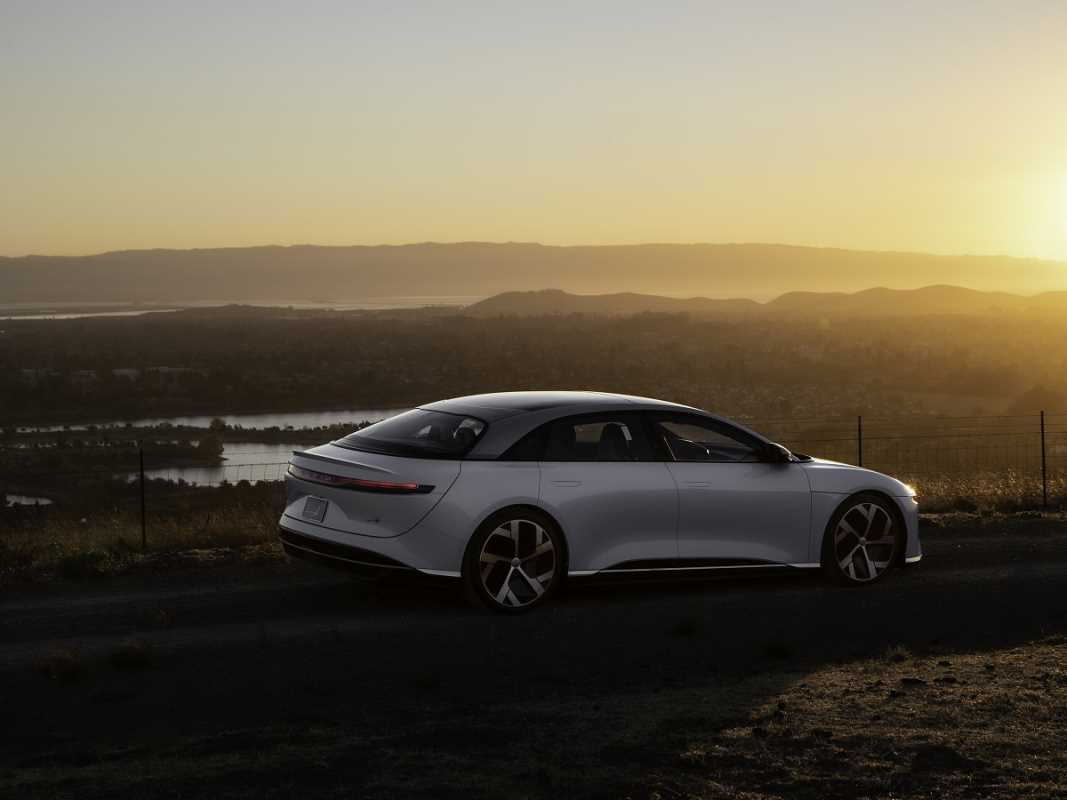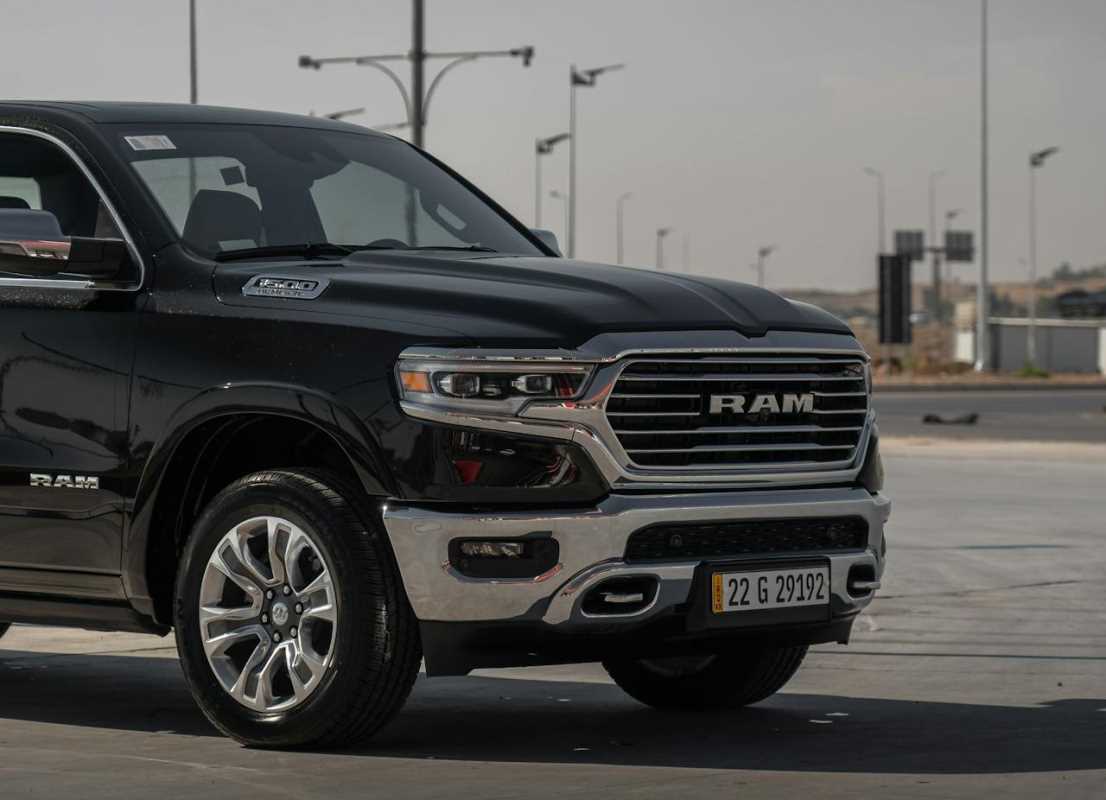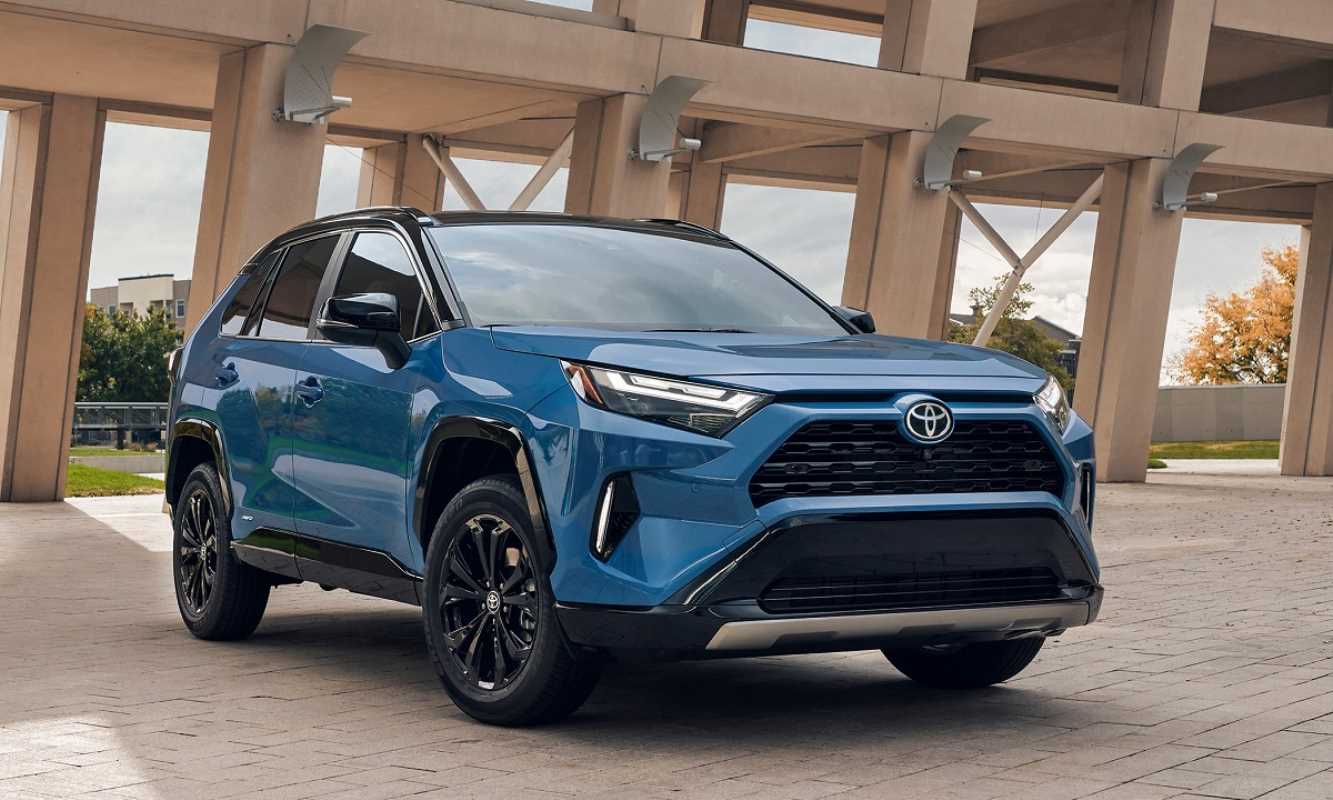The search for clean, sustainable transportation is one of the most pressing challenges of our time. With climate change and pollution taking center stage, it’s clear we need alternatives to gas-powered cars. Electric vehicles (EVs) have been leading the charge, but they’re not the only solution. Enter hydrogen-powered cars, a less-talked-about option that could play a major role in green driving. But what exactly are hydrogen cars, and are they truly the future of eco-friendly transportation? Let’s break it down.
Understanding Hydrogen Cars
Hydrogen cars, also known as fuel cell electric vehicles (FCEVs), run on hydrogen gas instead of gasoline or diesel. They use something called a fuel cell to combine hydrogen with oxygen, creating electricity that powers the car’s motor. The only byproduct of this process is water vapor. Yep, you read that right. No exhaust fumes or toxic pollution. Just clean H₂O.
Think of the fuel cell as the car’s “engine,” except it doesn’t burn hydrogen like a gas engine burns fuel. Instead, it uses a chemical reaction to produce electricity. This makes hydrogen cars different from traditional electric vehicles, which rely on large batteries to store and deliver power.
How Do Hydrogen Cars Compare to Electric Cars?
You might be wondering how hydrogen cars stack up against electric cars, which are already quite popular. Both are considered “green” vehicles, but they work in very different ways. Understanding these differences can help us see why hydrogen cars might have a special place in the future of driving.
Refueling and Range
One big advantage of hydrogen cars is how quickly they can refuel. Filling up a hydrogen tank takes about 5 minutes, similar to a regular gas car. Compare this to EVs, which can take between 30 minutes to several hours to recharge, depending on the charger. For people who want to avoid long charging times, hydrogen cars could be a game-changer.
Hydrogen vehicles also tend to have a longer range. Many models can travel over 300 miles on a full tank, rivaling or even beating the range of EVs. This makes them a solid option for road trips or daily commutes without the worry of frequent pit stops.
Impact on the Environment
When it comes to being environmentally friendly, both hydrogen and electric cars are miles ahead of gas-powered vehicles. However, there are some key differences. Hydrogen cars emit only water vapor, which sounds ideal, but producing hydrogen gas isn’t completely green. Most hydrogen today is made from natural gas, a process that releases carbon dioxide. That said, scientists are working on ways to produce “green hydrogen” using renewable energy like wind or solar power.
Electric cars, on the other hand, don’t produce emissions while driving, but the electricity they use often comes from fossil fuels. Unless the grid is fully powered by renewable energy, EVs can still indirectly contribute to pollution. It’s a complicated issue for both types of vehicles, but switching to cleaner energy sources could benefit both in the long run.
Cost and Availability
Right now, hydrogen cars are less common than EVs, which makes them more expensive. Models like the Toyota Mirai or Hyundai Nexo can cost upwards of $50,000. On top of that, hydrogen fueling stations are few and far between. Most are located in California, making it hard to own a hydrogen car elsewhere.
Electric vehicles, by contrast, have grown more affordable and widespread. With charging stations popping up everywhere and incentives to buy EVs, they’re currently more convenient for most people. But as new technologies and investments roll in, hydrogen cars might catch up.
Are Hydrogen Cars Truly Green?
One of the most exciting things about hydrogen cars is their potential to reduce greenhouse gas emissions. However, whether they’re truly green depends on how we produce the hydrogen.
If we stick with the current method of making hydrogen from natural gas, hydrogen cars might not be as clean as they seem. But if we shift to methods like electrolysis, which splits water into hydrogen and oxygen using renewable electricity, we could unlock the full eco-friendly promise of these vehicles. This “green hydrogen” could make hydrogen cars one of the cleanest transportation options out there.
Another factor to consider is how well hydrogen can be integrated into the energy system. Hydrogen isn’t just useful for cars. It could also store renewable energy, replacing coal or natural gas in power plants. This flexibility makes it an attractive solution for tackling climate change on a larger scale.
The Challenges Ahead
Of course, hydrogen cars aren’t perfect. There are some challenges holding them back from becoming mainstream, and it’s important to keep them in mind.
- Infrastructure - One of the biggest roadblocks is the lack of hydrogen fueling stations. Right now, the U.S. has fewer than 100 hydrogen stations, mostly in California. Compare that to the thousands of charging stations available for EVs, and it’s clear hydrogen cars have some catching up to do.
- Cost - Producing hydrogen gas and building fuel cells is expensive. Until these costs come down, hydrogen cars will likely remain a niche option for eco-conscious drivers.
- Energy Efficiency - While hydrogen fuel cells are impressive, they’re not the most efficient use of energy. Producing and transporting hydrogen uses more energy than simply charging an EV. This means that, at least for now, electric cars might still be the greener option in terms of overall energy use.
The Road Ahead for Hydrogen Cars
Despite the challenges, hydrogen cars hold a lot of promise. Investment and research are already helping to address some of the problems. For instance, companies are working on scaling up production of green hydrogen and building more fueling stations. Governments around the world are also offering incentives to promote hydrogen as a clean energy source.
One exciting development is the use of hydrogen in heavy-duty transportation. Hydrogen-powered trucks, buses, and even ships are being tested, as they offer a longer range and faster refueling than battery-powered alternatives. This could pave the way for a broader hydrogen economy.
Will hydrogen cars replace electric cars entirely? That’s unlikely. Instead, it’s more realistic to think of them as complementary technologies. While EVs might dominate in cities and for personal cars, hydrogen could shine in areas where long range and quick refueling are essential.
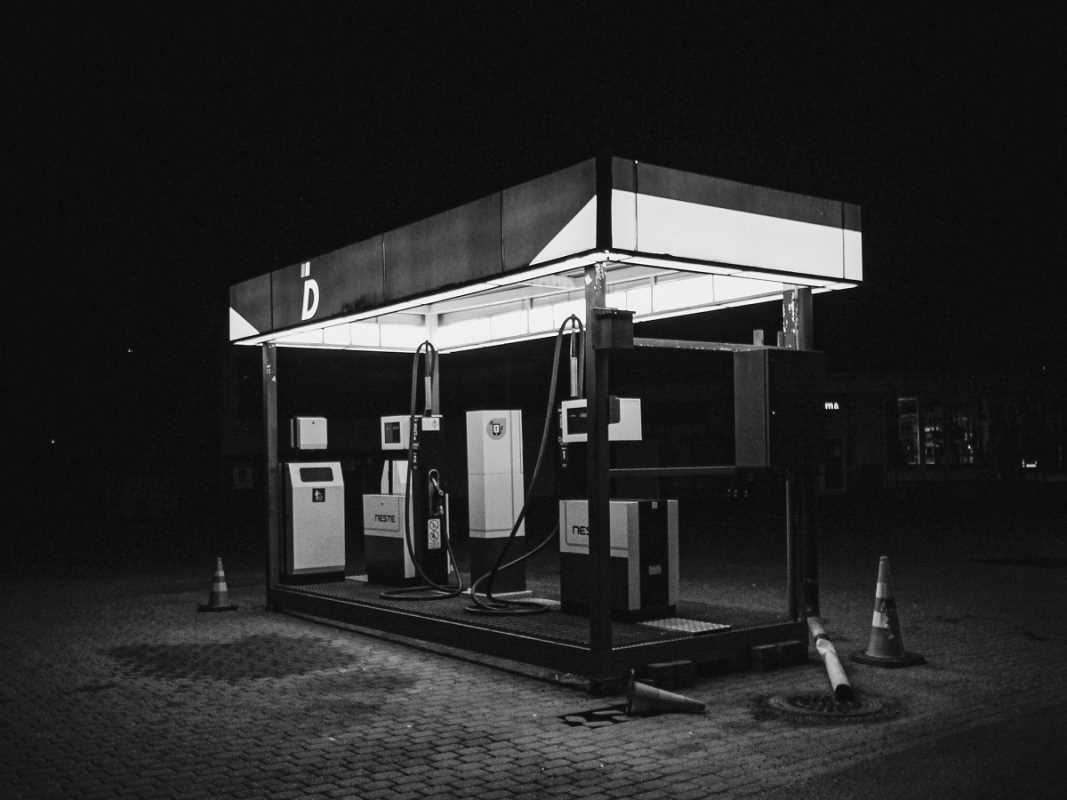 (Image via
(Image via